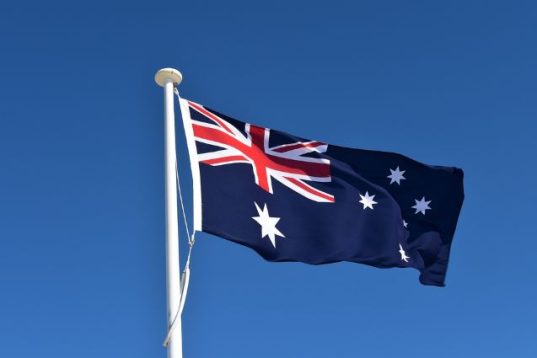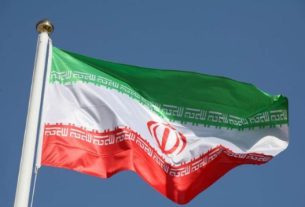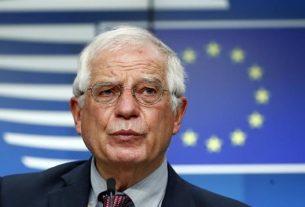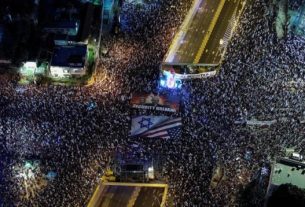Australians will vote in a historic referendum on 14 October to decide whether to enact an Indigenous Voice to Parliament.
If approved, the vote would recognise Aboriginal and Torres Strait Islander people in the country’s constitution, and establish a permanent body for them to give advice on laws.
The proposal is the subject of fierce debate in Australia.
The country has not had a successful referendum in almost 50 years.
For it to succeed, a majority of Australians need to vote yes. There also needs to be majority support in at least four of Australia’s six states.
The composition, functions and powers of the body – whose advice would not be binding – would then be designed and debated by the parliament.
Announcing the poll date at a rally in Adelaide, Prime Minister Anthony Albanese called the vote “a once-in-a-generation chance to bring our country together and to change it for the better”.
The Voice would be “a committee of Indigenous Australians, chosen by Indigenous Australians, giving advice to government so that we can get a better result for Indigenous Australians”, he said.
“You’re being asked… to say yes to an idea whose time has come – to say yes to an invitation that comes directly from Aboriginal and Torres Strait Islander people themselves.”
It was recommended by a historic document in 2017 called the Uluru Statement from the Heart. Drafted by more than 250 Indigenous leaders, the statement is considered the best – though not unanimous – call to action for reforms which affect First Nations Australians.
Australia is the only Commonwealth country that has never signed a treaty with its Indigenous people, and advocates say the Voice is an important step towards reconciliation.
Indigenous Australians face disproportionate levels of disadvantage across society – something Australia has long struggled to address.
Opposition leader Peter Dutton, a Voice opponent, says there it not enough detail behind the proposal, and controversially asserts it could racially divide Australians.
But many No campaigners – including Mr Dutton – have been accused of race-baiting and spreading disinformation.
They have in turn accused the Yes campaign of elitism and of dismissing valid concerns of everyday Australians.
Mental health advocates have warned the intensity and tone of the debate is taking a toll on Indigenous people.
Australia last held a referendum in 1999, when it opted not to become a republic.
Only eight of Australia’s 44 referendums have been successful – the most recent in 1977. None have passed without bipartisan support.__BBC.com





